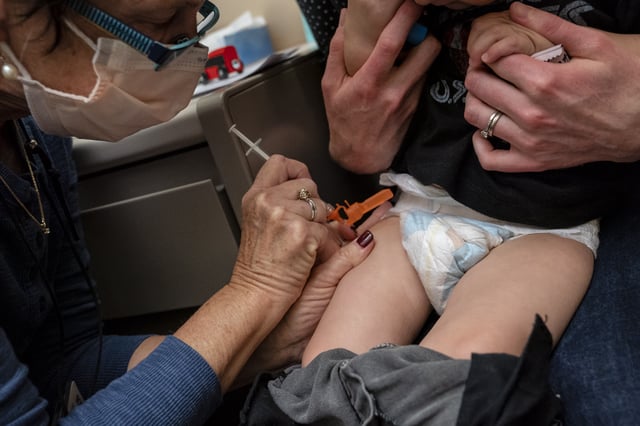Overview
- The observational study analyzed medical and vaccination records of 1,224,176 children born in Denmark from 1997 to 2018, following them to age five to track diagnoses of 50 distinct chronic disorders.
- Cox regression models showed adjusted hazard ratios per 1-mg increase in aluminum exposure of 0.98 for autoimmune conditions, 0.99 for allergic disorders and 0.93 for neurodevelopmental disorders including autism and ADHD.
- Researchers exploited shifts in the Danish Childhood Vaccination Program to stratify children by cumulative aluminum doses, confirming no dose-response relationship with the assessed health outcomes.
- Senior author Anders Hviid stated that the findings rule out moderate or substantial risk increases from aluminum adjuvants and assert the continued safety of these essential vaccine components.
- Authors acknowledged that very small risks for rare conditions cannot be entirely excluded but emphasized that there is no evidence of an epidemic of vaccine-related chronic diseases.



